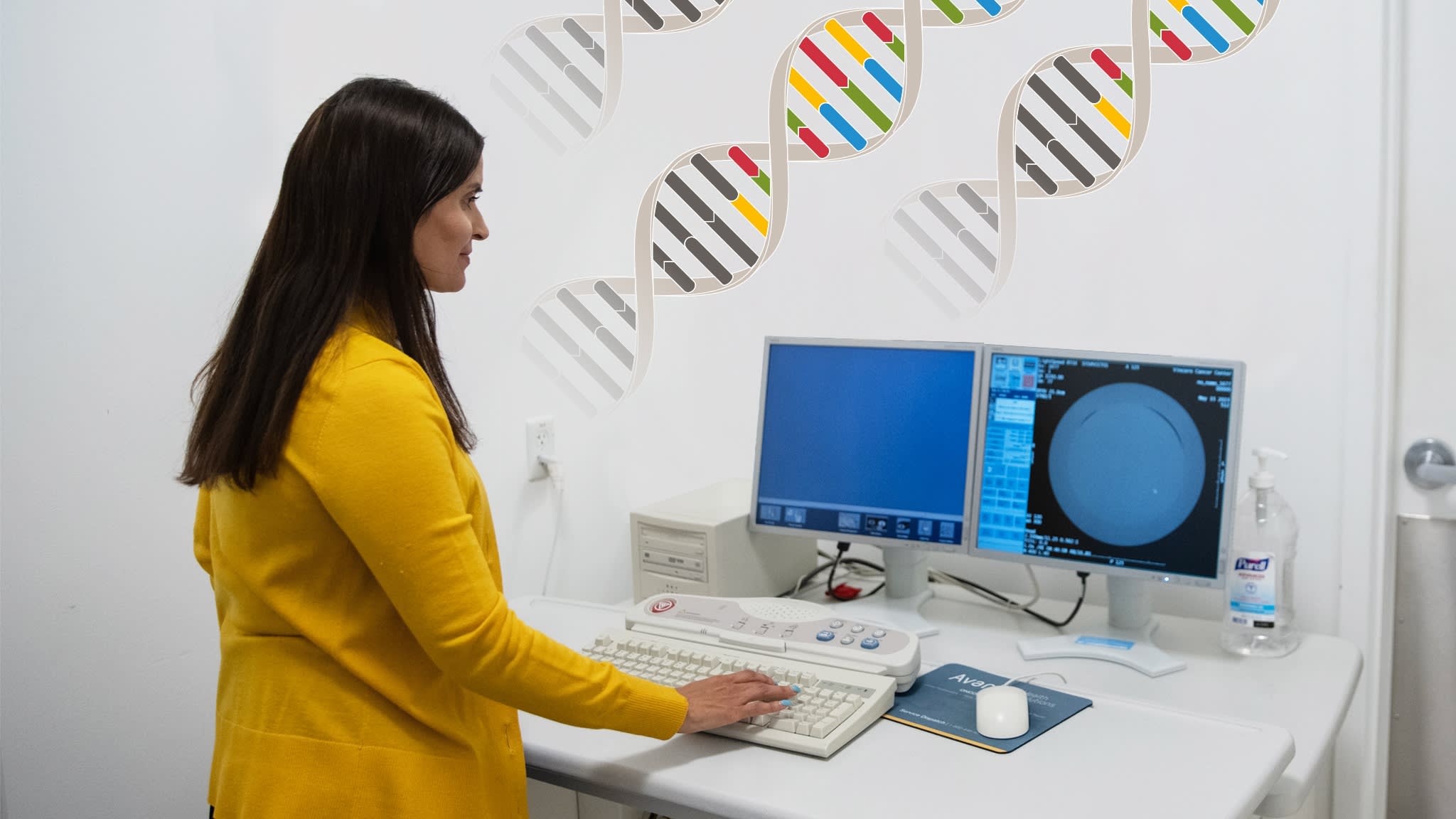More than 400 Grail patients incorrectly told they may have cancer
More than 400 patients who signed up to take a pioneering oncology detection test developed by US biotech company Grail received erroneous letters last month suggesting they may have developed cancer.
According to an internal company document seen by the Financial Times, 408 patients were incorrectly told they had a signal in their blood suggesting they could have cancer.

Grail, which is due to make a presentation on Galleri this weekend at the biggest cancer conference in the US, said more than half of individuals who received the letters had not yet had their blood drawn for the Galleri test.
“No patient health information has been disclosed or breached due to this issue, and no patient harm or adverse events have been reported,” the company said.
In February, US life assurer John Hancock announced it would expand access to Grail’s “first-of-a-kind” test, saying preventive care and early detection was critical to its commitment to help customers live “longer, healthier, better lives”. It collaborated with Munich Re on the pilot announced in September.
A spokesperson for John Hancock said its partnership with Grail had not changed. Munich Re declined to comment.
PWNHealth, which is a subsidiary of Everlywell, a digital health company, is an independent telemedicine vendor which reviews Galleri test requests, prescribes the test and delivers results to patients.
This story originally appeared on: Financial Times - Author:Jamie Smyth




























